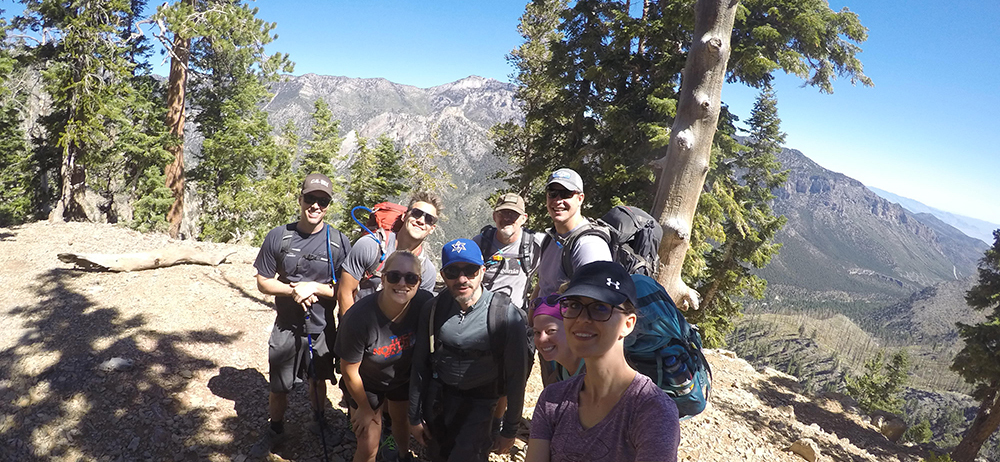
Touro University Nevada Takes Learning to the Wilderness
Challenging and fast-paced work environments, ever-changing regulations in the healthcare space and more can cause stress and burnout for many Physician Assistants (PA). Touro University Nevada (TUN) is addressing this issue by enabling students to benefit from fresh air while learning during the Wilderness Medical Course (WMC) trip to the great outdoors.
Led by Dr. Phil Tobin, Director and Professor of TUN’s School of Physician Assistant Studies, the course was initiated after he finished a book titled, The 3-Day Effect that looks at the science behind how being in the wild can make people happier, healthier, and more creative. The book spotlights the story of a researcher in Utah who looked at decreasing the stress of people with Post-Traumatic Stress Disorder (PTSD). As more research is released showing how stress negatively affects medical and PA students, a light bulb went on in Dr. Tobin’s head and he realized that spending time outside the confines of a medical facility and classroom could greatly benefit his students.
“The book describes an experience that took people into the wilderness for three days, with results being so great that it helped these medical professionals as much as a year’s worth of therapy would. I thought if I can decrease the stress of my students and increase their ability to finish PA school, it's definitely worth looking at,” said Dr. Tobin.
On the three-day medical excursion to trails in Nevada, the agenda was packed with various hikes including visits to Cathedral Rock and Griffiths Peak. During the outdoor activities, patient scenarios were created to teach the students about common medical emergencies that could arise outdoors and how to effectively deal with them. Multiple lectures also were held on key topics related to health such as cooking and water decontamination, dehydration, hyponatremia, acute mountain sickness, and high-altitude pulmonary edema.
Additionally, the group of six collected research data on dehydration and mountain sickness to closely analyze how people can remain hydrated while participating in strenuous activities and learned what symptoms to look for to spot dehydration at its onset. The students completed a survey on happiness before and after the trip to show how emotionally impactful it was for everyone involved.
“I wasn't expecting to learn from the WMC that exercising and camping is a great stress reliever,” said PA student Eric Benjamin. “PA school is very stressful and because being outside and camping in the mountains was so refreshing, I now feel ready to tackle the rest of my medical journey. The topics we discussed during our excursion will definitely help me in the emergency room or even in a medical personnel role at an event.”
While stress will always be a factor in any medical career, “My advice is to find something that relieves your stress whether it is walking, working out, hiking in the woods, or sleeping. Just find it so that you can use it to keep your stress levels down,” said Tobin.
Currently running as a pilot program, Dr. Tobin hopes to get a grant in the future to schedule the wilderness medical course twice a year.
“I definitely would participate in more trips like this as lifelong learning is important. If we can de-stress while also learning important information that will help us in our career, it would be a real win-win for the school and its students,” Benjamin said.
Learn More About Touro Nevada's PA Program


